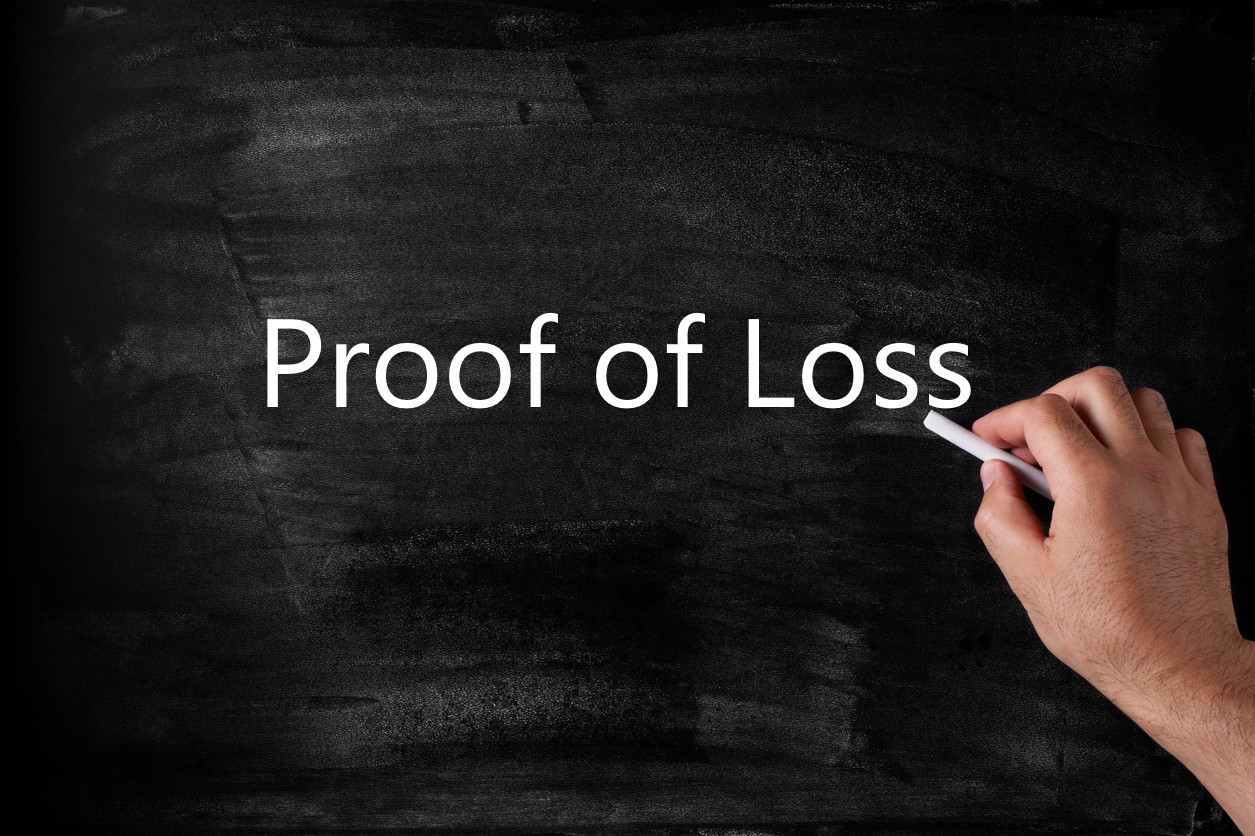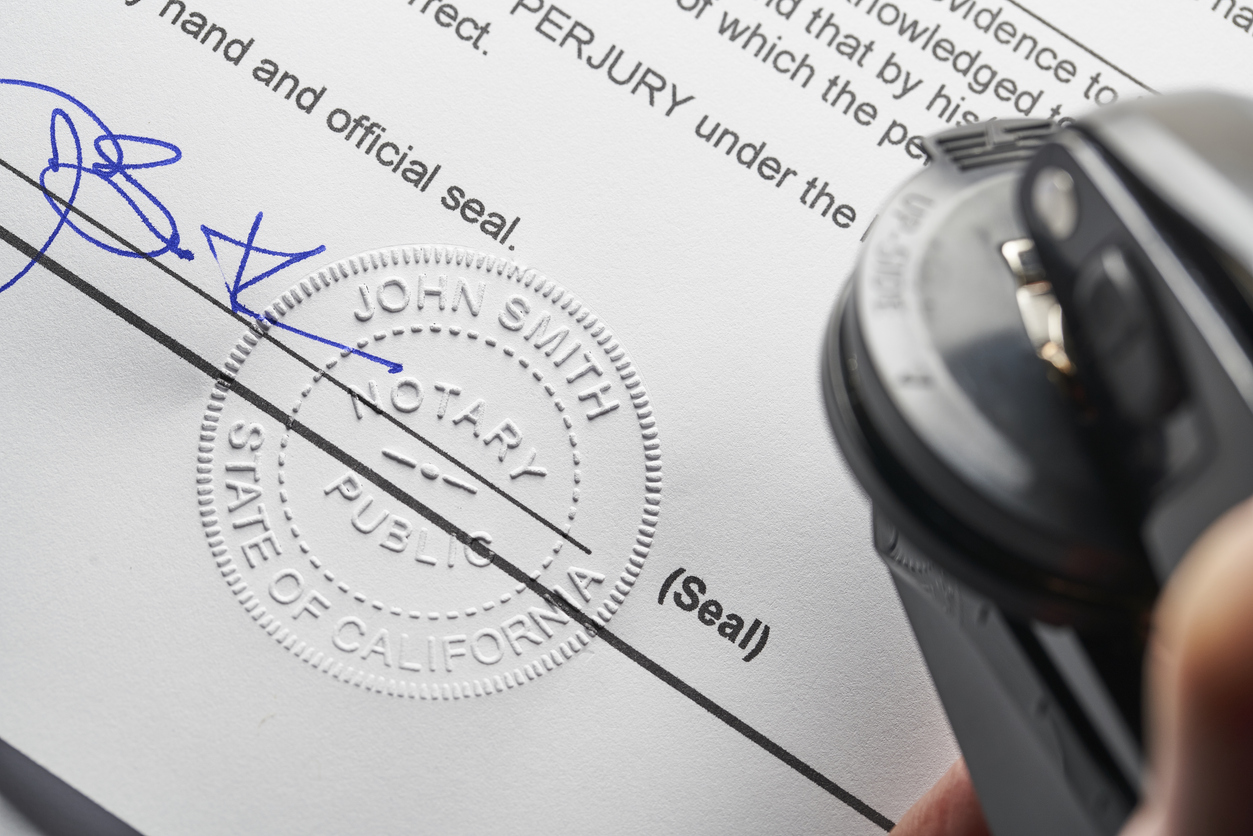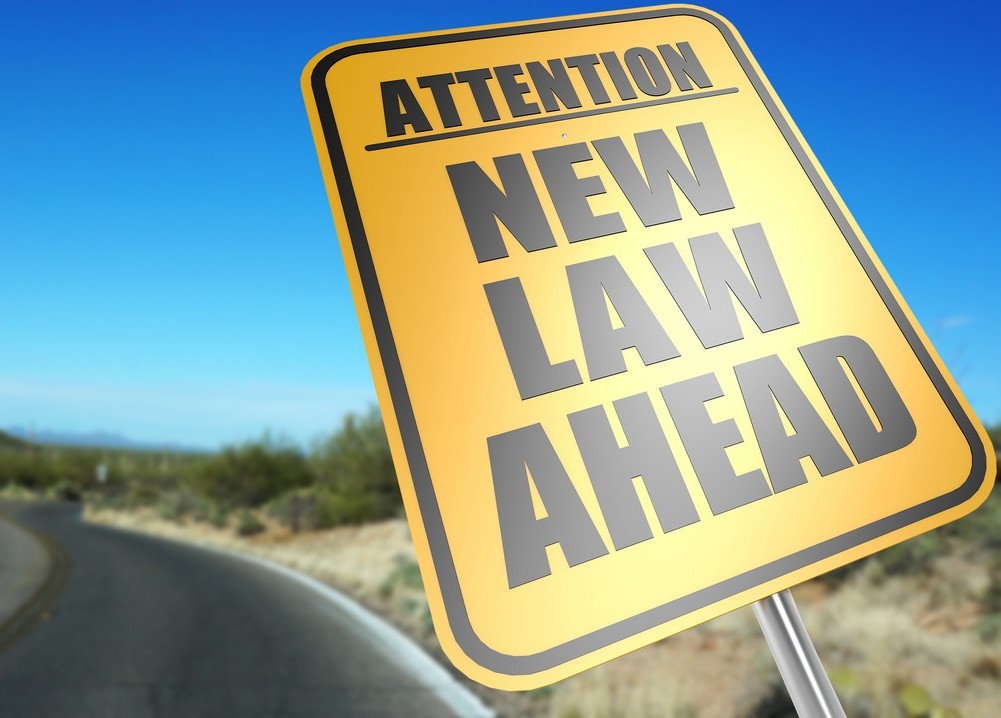Gene Veno, President of the American Association of Public Insurance Adjusters, forwarded to me a new law governing public adjusters in New Jersey. The primary items of interest in the revised New Jersey statute concern public adjuster solicitation and continuing education.
The relevant revised language regarding solicitation provides as follows:
No individual, firm, association or corporation licensed under this act shall:
…solicit the adjustment of a loss or damage occurring in this State from an insured, whether by personal interview, by telephone, or by any other method, between the hours of six p.m. and eight a.m. during the 24 hours after the loss has occurred;
Many states have adopted similar limitations on solicitation. As I noted in Public Adjusters Win Appeal Regarding Solicitation Ban, it is far different than the unconstitutional ban Florida tried to impose.
New Jersey also mandated new continuing education requirements:
Every adjuster’s license issued pursuant to this act may be renewed for a two-year period upon the filing of an application in conformity with section 6 of this act, which shall include proof of completion of continuing education requirements as established by this section.
a. The commissioner shall require every individual licensed as a public adjuster, and each sublicensee of a licensed adjuster that is a corporation, firm or association, as a condition of biennial license renewal pursuant to this section, to complete not less than 15 hours of continuing education. Each hour of instruction shall be equivalent to one credit.
b. The commissioner shall:
(1) establish standards for the continuing education of public adjusters, including the subject matter and content of courses of study;
(2) approve educational programs offering continuing education credits and the qualification of instructors; and
(3) approve other equivalent educational programs and establish procedures for the issuance of credit upon satisfactory proof of the completion of these programs.
Continuing education is important for the public’s assurance of minimum standards within the public adjusting industry. My impression is that there is also a need for experience before a public adjuster’s license is ever issued. I expect other states will soon follow Florida’s requirement of practical experience before issuing licenses. It is in the public’s interest to do so.



